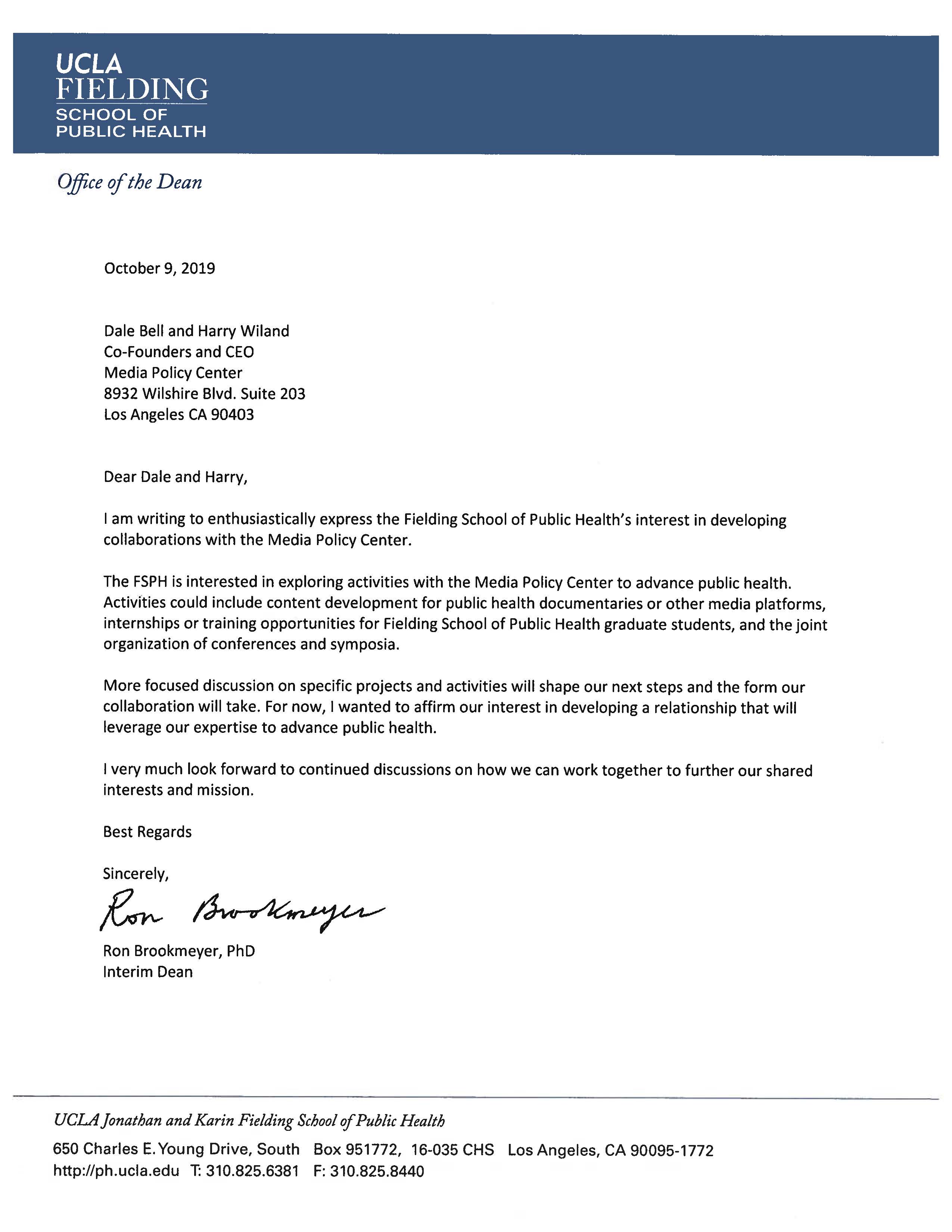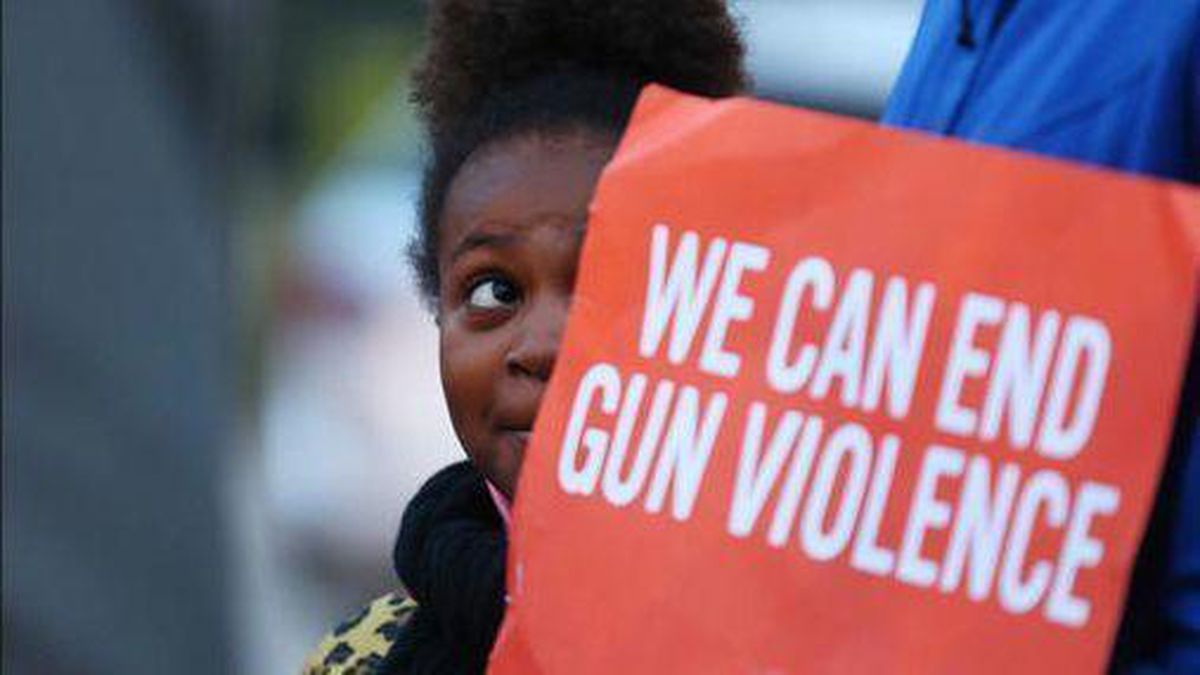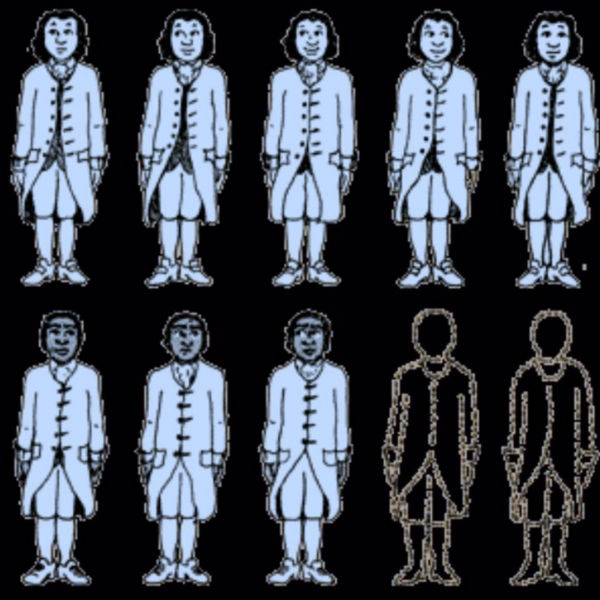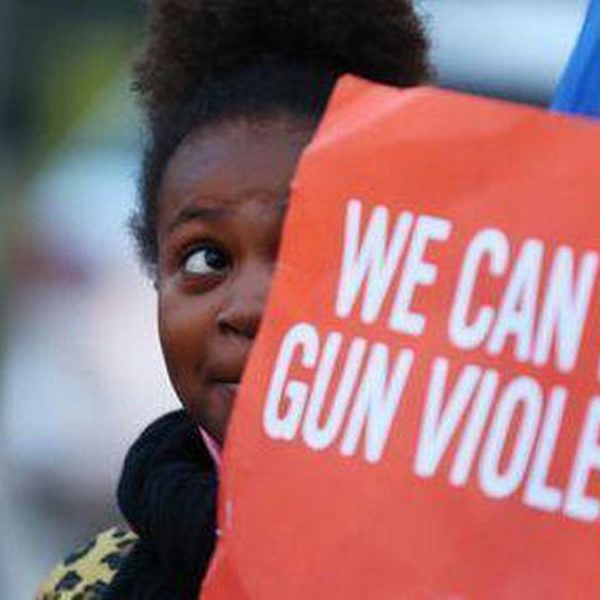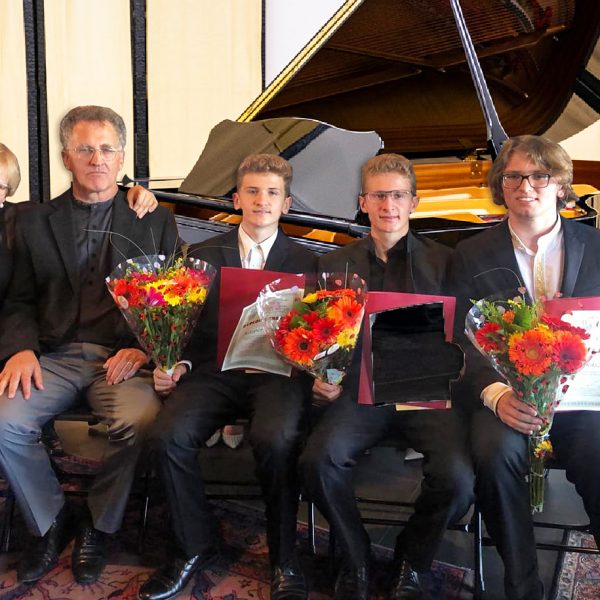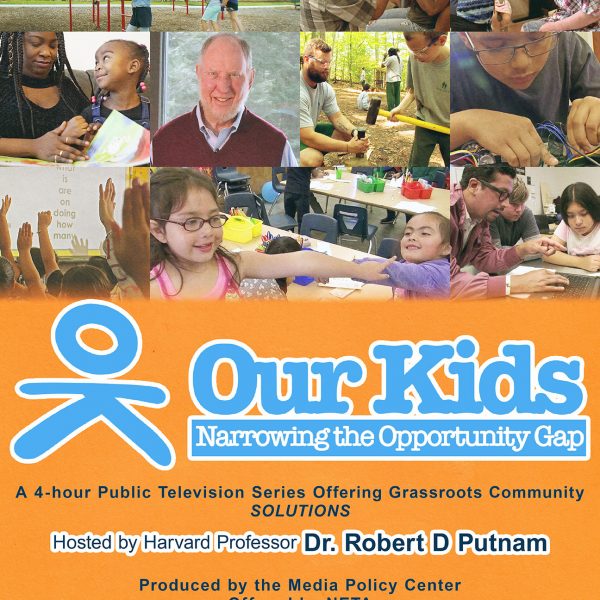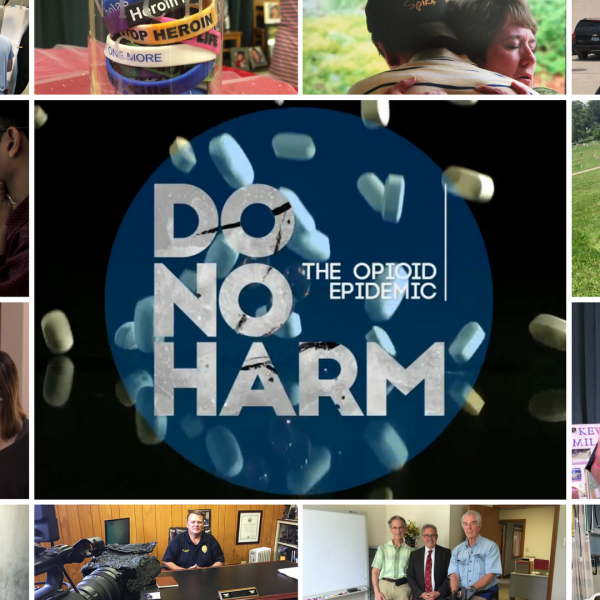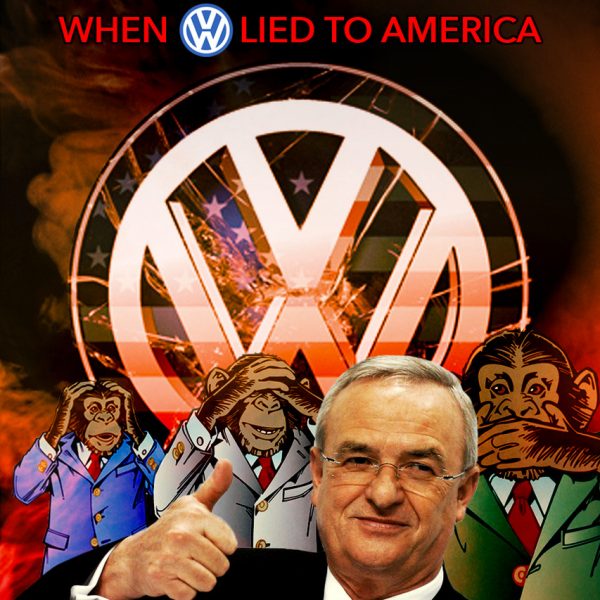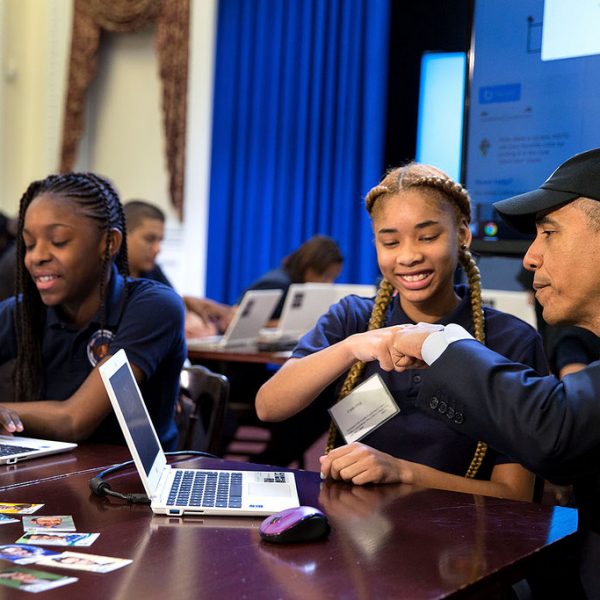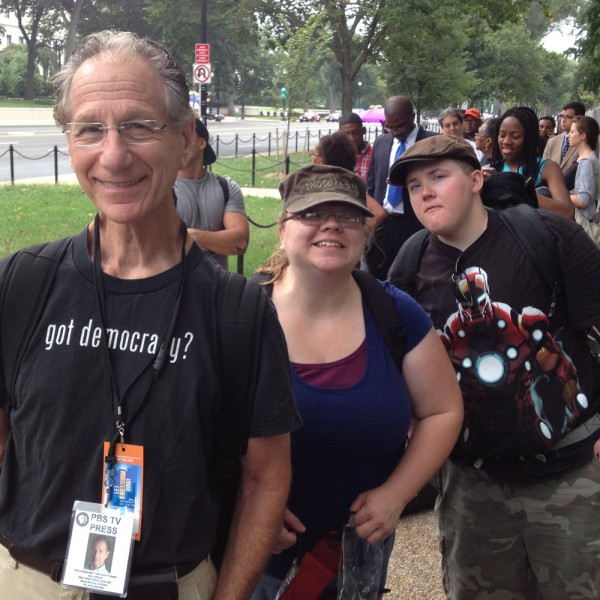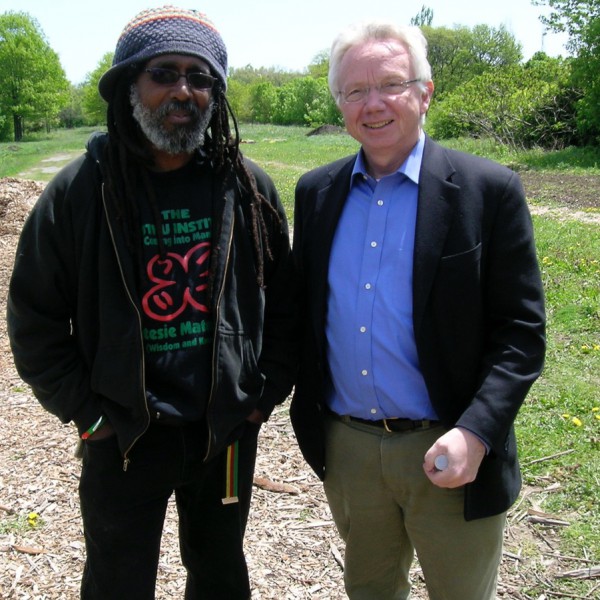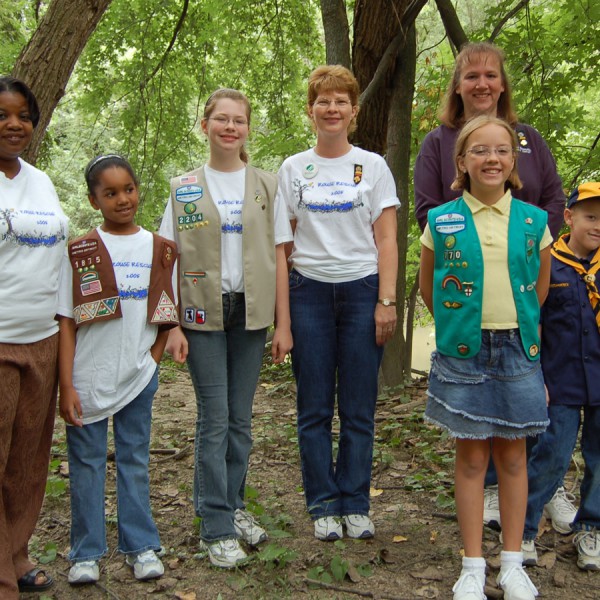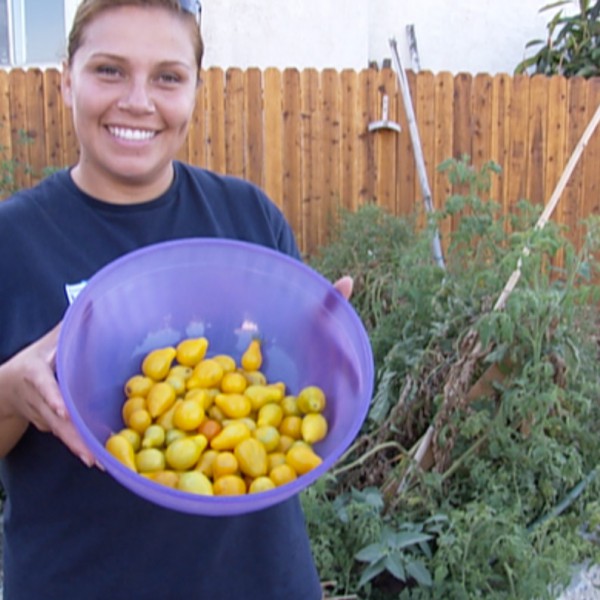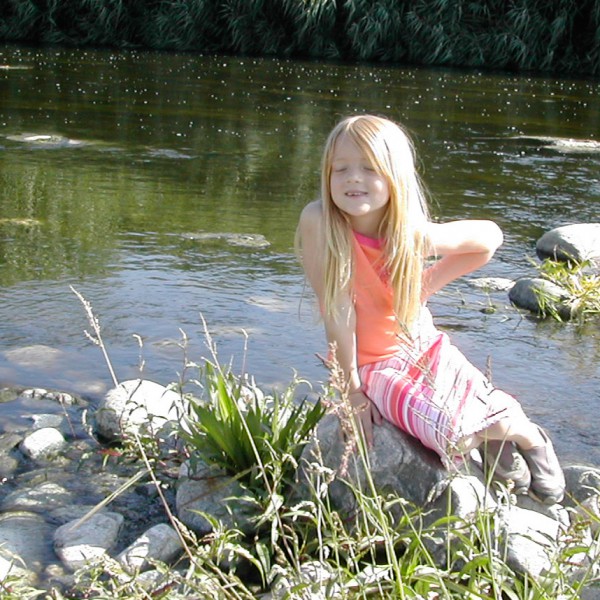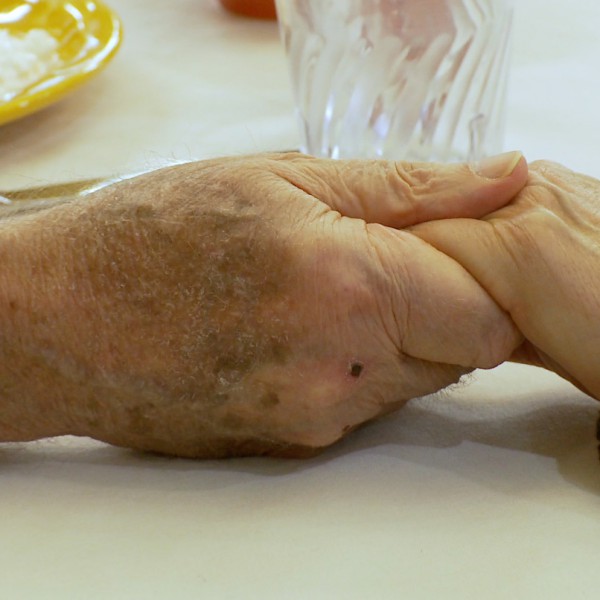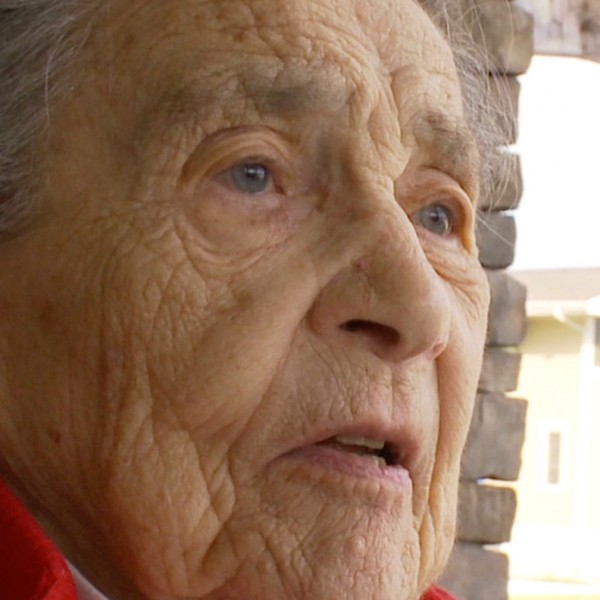Collaboration: MPC and the Jonathan and Karin Fielding School of Public Health (FSPH) at UCLA are now initiating a strategic media project for public television and additional digital platforms, to focus on research that spotlights recent work conducted by the UC Gun Violence Prevention Coalition headquartered at UC Davis and other universities within the UC system, as well as organizations and institutions nationally, to prevent gun violence in our communities. They will frame gun violence as a public health epidemic that can be vastly mitigated through in-the-field research, practice and positive public health initiatives leading to reform.
“GUN VIOLENCE: The Epidemic” will be a one-hour, solutions-based documentary special for public television and educational media platforms that examines this urgent public health crisis and offers scientific, data-driven, technical and community-based solutions.
Data: Nearly 40,000 people killed annually and rising. Six in ten suicide deaths are from guns. Adjusted for population, the gun death rate in 2017 was the highest since the mid-1990s.
Approach: How to stop the carnage? To save lives? To treat the disease? For years, the medical/healthcare community has wanted to frame the issue as a non-political, public health/medical issue. While no single approach will solve this complex problem, the intelligent and strategic use of coordinated media platforms can begin to re-frame the issue to create a new apolitical environment of understanding and positive action. Our on-site documentary profiles will be examples of reform with demonstrable outcomes.
To begin: Collect the existing intellectual capital; sift it with a new Board of Advisors; conduct R&D in the field for one month (plus) to discover people and stories; craft new content seen—and framed—differently; spotlight advances in technology, science, healthcare, innovative public health programs, K-12 educational curricula. Listen to the urgency of young people, committed and organized. The Gun Violence Prevention project will tell the compelling stories of community leaders and researchers who are now developing best-practice models of violence prevention that actually work.
Outcome: Through public broadcast and other dissemination platforms for community organizations and educational institutions, MPC and FSPH hope to save lives as they develop and illustrate tested models that communities can adopt now, prior to experiencing a loss of life or a mass tragedy. Additional components will include a companion book, a series of shorter films for classroom discussions, a speaker’s bureau, a series of locally-organized and televised town hall meetings, as well as a social media campaign, community engagement events and activities such as inter-active online workbooks. MPC and FSPH hope that the project can be completed and broadcast in calendar 2020.
Preliminary perspectives:
Gun Violence Prevention by Category
1) Since the leading cause of gun violence deaths is by suicide, we will fully research preventative therapy outreach programs. Examples of successful programs include the CA Suicide Prevention Resource Center under Donna Ures. Two examples of their outreach includes a new mobile health service dispatched to help those at the breaking point, and the fact that nearly 9 in 10 school districts have adopted policies preventing youth suicide.
2) School Programs
Teacher programs in anger management.
2) The Laboratory
Smart gun and laser research and development.
3) Home Violence Prevention
10 simple practices that can save lives by keeping firearms away from children including lockboxes and personal safely mechanisms.
4) Police Training
Greater officer training in proper protocol and anger management training.
5) Gun Registration and Licensing
6) The Arizona “smart gun” project
Upstream intervention has been successful with a number of public health issues including a reduction in automobile deaths caused by drunk drivers. Mothers Against Drunk Drivers (MADD.org) coined the phrase: “Friends Don’t Let Friends Drive Drunk.” The concept of the “designated driver” was imported to the United States on a large scale in 1988 through the Harvard Alcohol Project, an initiative by the Harvard School of Public Health’s Center for Health Communication, led by Dr. Jay Winsten. In effect, they changed their approach – and others — by creating less threatening, non-inflammatory language to deal with a potentially incendiary issue. Our goal will be to seek similar paths.
The Media Policy Center, known for its two-decade Ashoka-honored commitment to social justice issues by leveraging strategic media, has consistently focused on the vortex of environmental and public health subjects. Currently, MPC is the producer of: Do No Harm: The Opioid Epidemic, narrated by the actor Ed Harris, a three-hour series on public television stations soon to be supported by a companion book; OUR KIDS: Narrowing the Opportunity Gap, hosted and narrated by Harvard professor Robert D. Putnam, a four-hour series addressing income and wealth inequality affecting 30 million children in the United States; and BACKFIRED: When VW Lied to America, narrated by Warren Olney, a one-hour special highlighting the emission scandal that affects air pollution and public health globally. In 2012, MPC released on public television stations its four-hour series, Designing Healthy Communities with Dr. Dick Jackson as host and narrator, and also Chair of the Department of Environmental Health at the School of Public Health at UCLA.
MPC is a non-profit 501c3 organization founded in 2002 with a mission to inform, educate, challenge, and engage a responsive citizenry in improving their communities and civil society. MPC fulfills its mission by researching and developing, documenting and promoting a new spirit of cooperation among neighbors, community leaders, civic organizations, elected officials, and government agencies. Convinced that greater understanding engenders greater community engagement, the organization uses its unique media outreach model to spread the seeds of inspired solutions and sustain interest and dialogue over time to achieve profound systemic change. It leverages media for positive social, economic and political change.
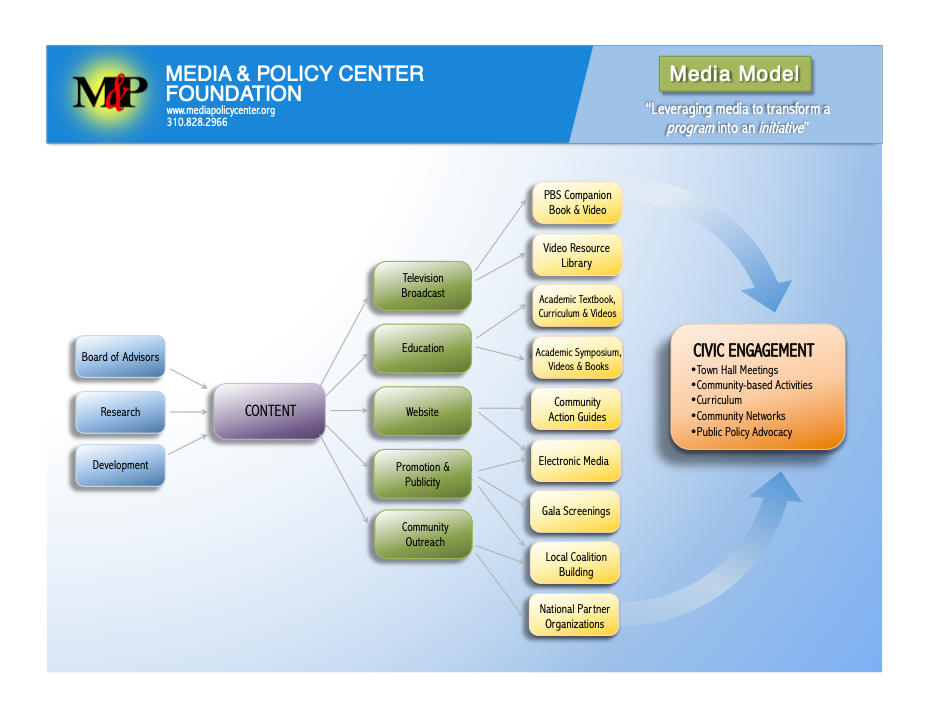
Research & Development:
MPC works in several phases, the first being the R&D Fact-Finding Phase. Both a written and video report would be produced and affirmed by our advisors before being introduced to our funders. MPC will visit locations across the country to research and recommend content. This report would take 1-2 months and would be budgeted at $185,000, beginning with a down payment of $100,000, depending on location travel and staff size. A production schedule, and budget for the special public television broadcast, post-production timeline, and comprehensive outreach strategy would be part of the final R&D Report.
The Gun Violence Prevention Project, possible platforms:
Staff Coordination with PBS, local educational institutions, and grassroots organizations:
1) Outreach to consumer, environmental, educational, professional, religious, and civic organizations:
Includes the creation of a strategic plan and guide for local and regional coordination with PBS and its 300+ local stations; creation and distribution of a national monthly Gun Violence Reduction (GVR) electronic newsletter.
2) Develop and coordinate local community coalitions:
Customized approaches to educational and community-based outreach. Link to high-schools, community colleges and higher education institutions. Coordinate efforts with non-profits and the business community.
3) Streaming:
Our educational distributor is Kanopy Films. With both the 1- hour documentary and the shorter collections of the Video Resource Library, we can reach out to K-12 classrooms and community groups to carry on the conversation.
4) Web site development:
Webmaster for the building, design, and operation of national project website: coordination and promotion of nation-wide grass roots programs.
5) PBS Station Outreach:
Coordination with local, regional, and national government and NGOs over the broadcast period re the creation of electronic press kits, local Viewers Guides, and the production of on-air promos
6) Database Support:
Includes the creation of customized database with input from local PBS stations, community coalitions and national partner information in order to create an effective and accessible Gun Violence Reduction Network. We are working with Knoema located in Austin TX that specializes in data-point analysis.
7) Promotion and Publicity:
MPC will coordinate media campaign for the GVP Project in all forms of media including radio, television, print (magazines, newspapers, journals) and throughout PBS.
Potential Project Content:
1) PBS Television Broadcast of the full-length documentary
- 2) Interactive Website Devoted to:
a. Video Resource Library
b. Grassroots and Youth Journalist Uploads
c. Professional Development Programs
d. Educational Online Games - 3) Community screenings
- 4) Online MOOCs for Universities and Law Schools
- 5) Companion book(s) and community guides
- 6) Classroom study guides
- 7) Academic Conferences
- 8) Electronic Newsletter devoted to the prevention of gun violence
- 9) National and Local Televised Town Hall Meetings
Executive Producers/Directors:
Executive Producer/Director: Harry Wiland is the Co-President and Co-CEO of Media Policy Center (MPC) (www.mediapolicycenter.org) in Santa Monica, CA. He graduated Brooklyn College with a major in Chemistry and from Columbia University with a MFA in Film & Television. Wiland has produced and directed public television and multimedia for over 35 years. With business partner, Dale Bell, they founded the 501c3 Media Policy Center and developed its media model. Wiland has been a Director Member of the Directors Guild of America since 1985, and a member of the Academy of Television Arts & Sciences since 2003. In 2006, he and Dale Bell were elected Ashoka Lifetime Fellows (www.ashoka.org); they are the only media professionals and the only business partnership to be so honored. Current public television projects include Do No Harm: The Opioid Epidemic, and Our Kids hosted by Harvard Professor Robert Putnam.
Executive Producer/Director: Dale Bell is Co-President and Co-CEO of Media Policy Center (MPC). He graduated from Princeton University with a BA, majoring in Modern Languages & Theatre. Among his many credits, he was a Producer of the Academy Award-winning film Woodstock (1970). Bell has produced public television and multimedia for over 50 years. His work has won the Peabody, two Emmys, four BAFTAs, and two Christopher awards. With Harry Wiland, he founded MPC and developed its media model. He has been the Co-Executive Producer of all of MPC’s major productions. He has been a member of the Directors Guild of America since 1974 and the Academy of Television Arts and Sciences since 1977. In 2006, he and Harry were elected Ashoka Lifetime Fellows (www.ashoka.org); they are the only media professionals and the only business partnership to be inducted. Current public television projects include: BACKFIRED: When VW Lied to America, Do No Harm: The Opioid Epidemic, and Our Kids hosted by Harvard Professor Robert Putnam.
Dr. Richard Jackson: Dr. Jackson is a Professor emeritus at the Fielding School of Public Health and the University of California, Los Angeles. A pediatrician, for nine years he was Director of the CDC’s National Center for Environmental Health and served as the State Health Officer for the California Health Department. Dr. Jackson lectures and speaks on many issues, particularly those related to environment and health. He has co-authored the books: Urban Sprawl and Public Health, Making Healthy Places, and Designing Healthy Communities, for which he also hosted a four-hour PBS series. He has served on many environmental and health boards, as well as the Board of Directors of the American Institute of Architects. He is a member of the American Academy of Medicine.
